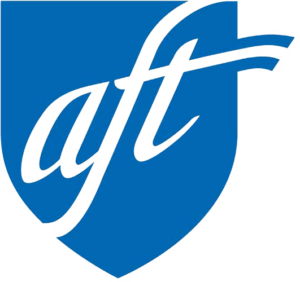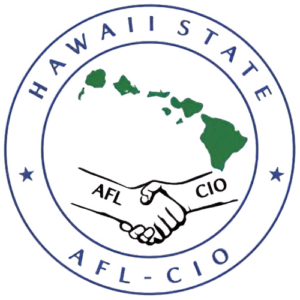The Board of Directors approved the legislative priorities at their November 7, 2015 meeting. The BOD’s determined that “Friedrichs” was “most critical” followed by the Cancer Center, Facilities, and Regent selection process. The BOD included ERS and EUTF and monitoring of State Ethics Laws, Campaign Finance and any bills that impact faculty.
The 2016 legislative session began January 20, 2016 with dismal prospects of funding or support for faculty throughout the University of Hawai‘i system. What was not evident at the onset of this session was the behind the scenes gearing up on the part of a few legislators to target a single program area; research. There would be an onslaught of attack bills that would need constant attention.
UHPA began tracking approximately 64 pieces of legislation. The focus was primarily in the House with Higher Education, Labor and Public Employment and Finance. There were a few hearings in the Senate Judiciary and Labor Committee. The issues surrounding Friedrichs were set aside with the death of of Justice Scalia in February. The focus had narrowed to issues surrounding research funding, faculty right to campaign and hold elected office, EUTF and how the Finance Committee was going to fund the University of Hawai‘i.
EUTF and ACT 268
The Governor’s budget had indications that a line had been drawn regarding the EUTF and ERS funds. ACT 268 of 2013 was passed to pre-fund retiree benefits. It established an “annual required contribution” (ARC) in order to fund the unfunded liability over a 30 year period. The law requires 100% funding of the ARC by FY19, but developed a phased in approach leading up to it. The Governor has made it clear that he is committed to fund the ARC at 100% before the FY19 statutory requirement. The phased in approach started with 20% in FY15, 40% in FY16, 60% in FY17, and 80% in FY18. We are currently at 60%, far above the FY16 requirement of 40%. The Governor did not succeed in funding the ARC 100% this year, however, the Legislative Budget that passed includes an additional $81 million to fund the ARC, which puts the ARC well beyond the 60% requirement for FY17.
The idea of pre-funding the ARC is being sold as providing future cost savings, however, pre-funding the ARC beyond the statutory requirements has diverted funds away from more pressing concerns that require funding today. Keep in mind that the Governor and his administration has been informing all of the bargaining units (all 14 of which are up for negotiations effective July 2017) that there is no funding for pay increases. Funding the ARC beyond the statutory requirements leading up to contract negotiations takes potential funds away from public sector employees, something we are very concerned with.
Researchers to Raise their own Salaries!
The legislature prepared for crossover at the beginning of March and the pending damage to faculty through bills and the budget specifically was disconcerting. The House vis-à-vis the Higher Education Committee passed a bill (HB 1625, HD1) that would have micromanaged the university and damaged or destroyed tenure. The bill would have required researchers (R faculty) to raise their own salaries through external grants.
House Finance Changes Funding Source
The House Finance Committee changed the funding source in the budget that would support HB 1625, HD1 outcome. The Finance Committee removed $44.8 million dollars in general funds from the UHM operating budget and $5.2 million dollars in general funds from JABSOM and replaced the monies with federal funding. The end result would be a loss of $50 million dollars in funding for tenure track faculty specifically and R’s primarily. House Bill 1625, HD1 combined with a $50 million dollar budget cut, the university would have faced a major crisis and loss of faculty. The impact of such an action was probably under-estimated by the Legislature and others. While researchers would have been seriously affected had the bill and budget passed, fortunately the UH contract prevents tenured faculty from being fired overnight. The damage would have been spread across the Mānoa campus and the entire system. Cuts would have first hit lecturers, junior faculty and support staff throughout the system. This attrition in turn would have greatly reduced the teaching capacity and income generated by tuition, leading to an existential threat to the entire University of Hawai‘i System.
UHPA Works with Senate to Reverse House Bills
The legislative team moved quickly to avert the pending crisis. President Duffy and Executive Director Kris Hanselman outlined in elementary language the impact of both HB 1625, HD1 and the funding changes created in the House Finance Committee. A clear and concise message was constructed and the team; Kris Hanselman, Christian Fern, Debi Hartmann and UHPA President, David Duffy, met individually and collectively with Leadership/members of the House and Senate.
It became evident that most of the legislators did not understand the symbiotic relationships that exist in the academic arena. The opportunity to educate the legislators in both funding requirements, resources and the application of funds for academic research and instruction was beneficial as we moved forward.
Senator Brian Taniguchi, Chair of the Higher Education Committee did not hold a hearing on HB 1625, HD1; the bill was officially dead. Senator Jill Tokuda, Chair of the Ways and Means Committee reversed the funding source that the House had changed. The $50 million dollars was restored to the general funds in the UHM operating and JABSOM budgets respectively. During the final conference committee between the House Finance and the Senate Ways and Means, the recommendations of the Senate prevailed and passed as the final budget; crisis averted!
CIP Funding
The final aspect of the budget is the CIP. UHPA does not insert itself into the CIP discussion but it does monitor and track what is transpiring. There are a few important CIP budget allocations worth noting.
JABSOM will be receiving CIP monies for a broad range of repair, design and/or construction backlog. It is important to note that the monies are classified “B” or special funds. This is referring to interest received specific to funding associated with JABSOM; and must be used for JABSOM.
UH West O‘ahu will be receiving monies for a New Creative Media Facility. The proviso that the legislature has attached to these monies requires the UH Financial Officer to work in concert with the Director of DBEDT in order to expend any monies.
UH Mānoa is slated to receive CIP funds for Snyder Hall and the College of Education. The monies attached to the College of Education also have a proviso attached requiring the monies to be expended in a manner that calls into question how and where construction of the building can take place.
CIP Continued Updates
The UHPA legislative team is working closely with UH in areas where we have agreement including CIP monies and other funding that address ongoing the maintenance backlog, renovations, modernization of facilities, design and construction of new facilities that impact the health and safety of the faculty workplace environment. There are yet unanswered questions regarding the current CIP budget. We will continue to monitor this critical area and provide regular updates.
Respectfully submitted,
Legislative Team



